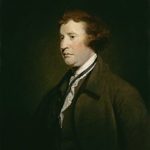Dissent and debate are the only way to improve and drive innovation. If we surround ourselves with people that agree with us, the result is stagnation.
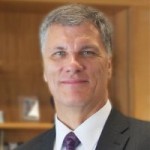
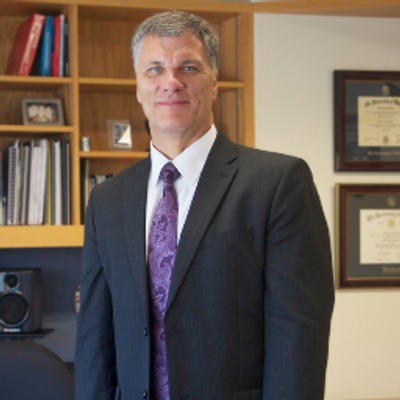
Dr. Mark A. Staples is Sr. Vice President and Chief Information Officer at the College of Charleston. As part of the President’s Cabinet, he is responsible for technologies across the institution, including but not limited to teaching and learning, digital marketing, and physical security. In his first year, he led the process for establishing a fresh IT Mission and Strategy—“Transforming the College into a digital workplace leading to a digitally literate campus.”
Prior to prior to his appointment at CofC, he spent four-years at Wentworth Institute of Technology in Boston, Massachusetts, as the Vice President and Chief Information Officer, reporting directly to the president and serving as a member of the President’s Cabinet. He was responsible for IT Strategy, infrastructure services, administrative systems, and technologies and practices influencing teaching and learning. Mark also provided leadership in the areas of digital marketing, student recruitment and retention, institutional analytics, alumni affairs, and institutional advancement, leveraging his 30 years of experience in higher education. In 2015 and 2016, he served as the founder and co-chair of the Education Roundtable for the Boston chapter of the Society of Information Management. In 2015 he was nominated for Boston CIO of the Year in non-profit sector and in 2016 he finished as a finalist among 70 other CIOs.
Prior to his appointment at Wentworth, Mark was Director of Academic and Research Technologies across all nine colleges for Northeastern University, where he was responsible for the delivery and support of all teaching, learning, and research technologies on all campuses. Mark was awarded the Excellence/Innovation Award by his peers in 2012. Before his time at Northeastern, Mark served as Chief Information Security Officer at Georgia Health Sciences University, Director of Infrastructure Services and Client Support at Medical University of Ohio, and was part of various IT organizations at the University of Toledo and Indiana University (IU) for over 10 years. Between 2009 and 2012, Mark also served as co-chair of biomedical consortium that included Harvard Medical, UMass, Tufts University, MIT, and several biomedical labs throughout the commonwealth.
Mark’s previous service included leadership in a consortium of research universities in the University System of Georgia. He also provided leadership in a collaborative to support disaster recovery and business continuity support between the five research universities in the University System of Georgia. Mark has also influenced new software licensing strategies with major vendors, the use of collaboration and crowdsourcing tools, and has been involved in cybersecurity initiatives with the Higher Education Information Security Council (HEISC).
He is an adjunct faculty member in the D’Amore-McKim School of Business at Northeastern University teaching both in the classroom for the undergraduate MIS program and online for the executive MBA program. He was voted Favorite Professor in 2012.
More than just a technology leader, Mark is a thought leader in the business of higher education. His ability to converge technology into the business of higher education creates a transformative impact on both revenue and operational efficiencies. Mark has also established a reputation for bridging the gap between technology and the rest of the institution, fostering a culture in which technology is thoroughly integrated with every aspect of the institutional mission, reinforcing rather than complicating institutional objectives.
Mark’s contributions to the field through publications and presentations span a broad range of topics including IT culture and leadership, the impact of social media on knowledge management and communities of practice, organizational change and design, mobile technology, effective budgeting in higher education, and the digital revolution’s impact on the teaching and learning mission of higher education. Mark’s doctoral research investigates the sustainability of higher education given the rapidly changing technological landscape, highlighting where technology has failed to live up to its potential and identifying the necessary cultural and fiscal steps required for a transformative use of technology in an educational context — becoming a digital university.
Mark was also a member of the Board of Trustees at the University of Toledo Alumni Association, serving on the Communications and Outreach subcommittees.
Away from work, Mark has been a radio personality, the producer of a weekly syndicated television program, and has owned and operated a recording studio, producing and engineering music and voiceover production. Mark has also been a concert and music festival promoter and spent several years as a college and high school sports official for football, basketball, baseball, and volleyball.
This is his blogging and professional website to provide thoughts and analysis on how technology is impacting higher education.
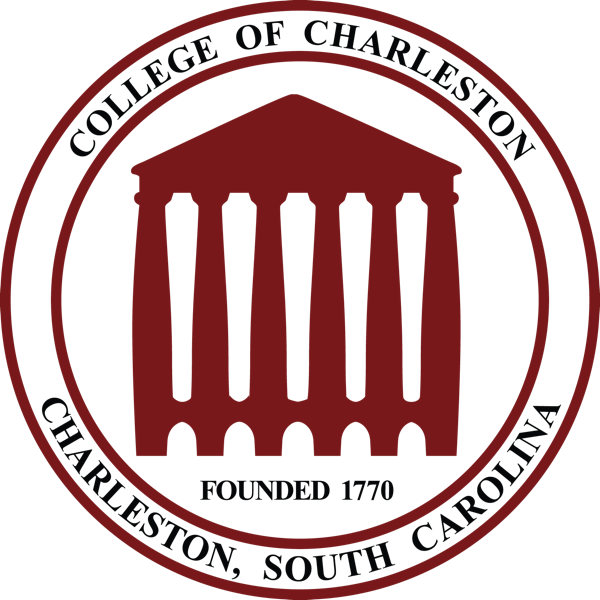
Sr. Vice President and Chief Information Officer
College of Charleston
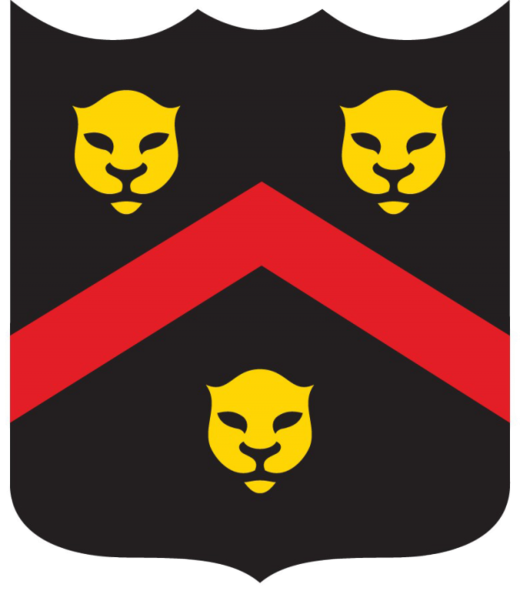
Vice President of Technology Services and Chief Information Officer
Wentworth Institute of Technology
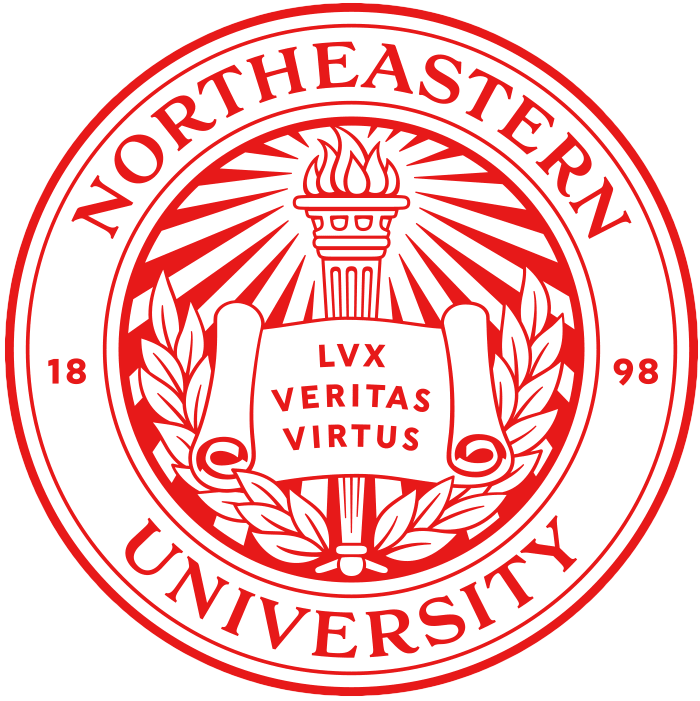
Director, Academic Technology Services
Northeastern University
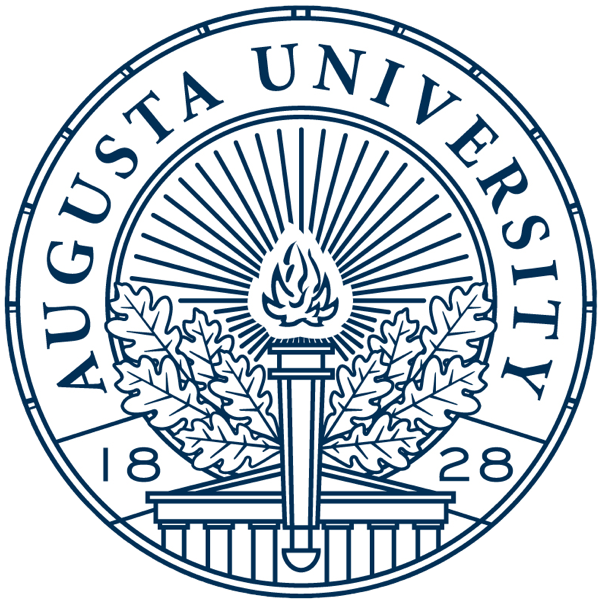
Director of Research & Instructional Technology Support
Georgia Health Sciences University (Now Augusta University)

Ed.D.
Organizational Leadership and Communications in Higher Education
Northeastern University

MBA
Organizational Leadership (MIS Minor)
University of Findlay
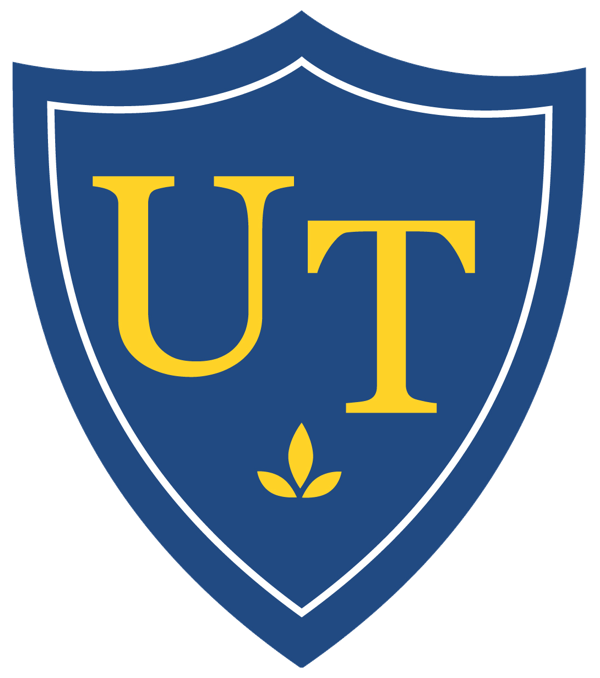
Bachelor’s of Science (BS)
Human Relations (Business Management Minor)
University of Toledo

Northeastern University
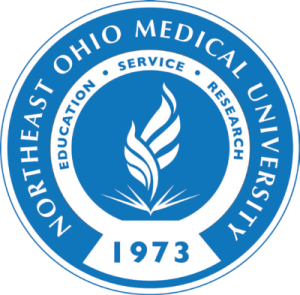
Medical University of Ohio
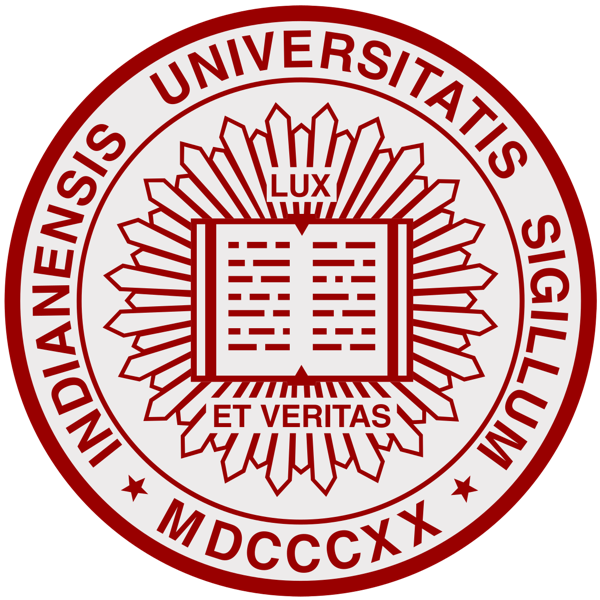
Indiana University
University of Toledo Alumni Association
Trustee
July 2013 – July 2015
Audio Engineering Society (AES)
Member
Blackboard Mobile Strategies Committee
Member
January 2009 – August 2012
Boston Chapter of the Society for Information Management (SIM)
Member
April 2009 – Present
Other Accomplishments
Accomplishments
Current Projects
Coming Soon
Accomplishments
Current Projects
Projects
Accomplishments
Research & Instructional Technology Support
Chief Information Security Officer
Sr. Vice President and Chief Information Officer
Vice President of Technology Services and Chief Information Officer
Reporting the President and a member of the President’s Advisory Council (Cabinet).
Responsible for strategic planning, implementation, and support of all technologies throughout the institution.
(December 2008-August 2012)
Leadership role includes:
Reason for Leaving: Recruited by Northeastern University
(August 2007-November 2008)
Instruction Technology Support
(November, 2003-January 2008)
NOTE: After leaving, the university changed its name to Medical University of Ohio. Soon afterward, it became part of the University of Toledo – now called University of Toledo Health Sciences
Reason for Leaving: Recruited by the Medical College of Georgia
This position was created to facilitate a single title when Network Services was added to my existing responsibilities.
Served as interim director to create more cohesive, productive IT group. Devised strategies for training improvements and streamlining customer support.
Reason for Leaving: moved to Toledo, Ohio for family reasons
Music Engineer & Producer – 2001-Current
Owner, Recording Studio – 2001-Current
Producer, Weekly Syndicated Television Program – 1992-2001
Weekly Radio Personality – 1991-1999
Newspaper Graphic Designer – 1990’s
Corporate Graphic Designer – 1992-1994
Owner, Video Production Company – 1996-2001
Concert Promoter – 1995-2001
Music Festival Producer/Marketing/Promoter – 1992-2001
Sports Official (1988-1996)
– Football (High School)
– Basketball (High School)
– Volleyball (High School / College)
– Baseball (High School / College)
– Baseball Umpire-in-Chief southern Indiana (1992-1996)
Dissent and debate are the only way to improve and drive innovation. If we surround ourselves with people that agree with us, the result is stagnation.

Those who turn good (organizations) into great (organizations) are motivated by a deep creative urge and an inner compulsion for sheer unadulterated excellence for its own sake.

The conventional view serves to protect us from the painful job of thinking.
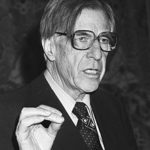
People who can focus, get things done. People who can prioritize, get the right things done.
It’s not my job to have all the answers, but it is my job to ask lots of penetrating, disturbing, and occasionally almost offensive questions as part of the analytic process that leads to insight and refinement.
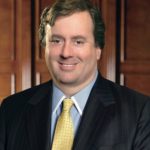
If we are afraid to fail, then we’ll be afraid to try. If we don’t try, we can never know success.

You will never make up in tactics that what you lack in strategy.
If technology is not transformative, it’s in the way.

You can never plan the future by the past.
